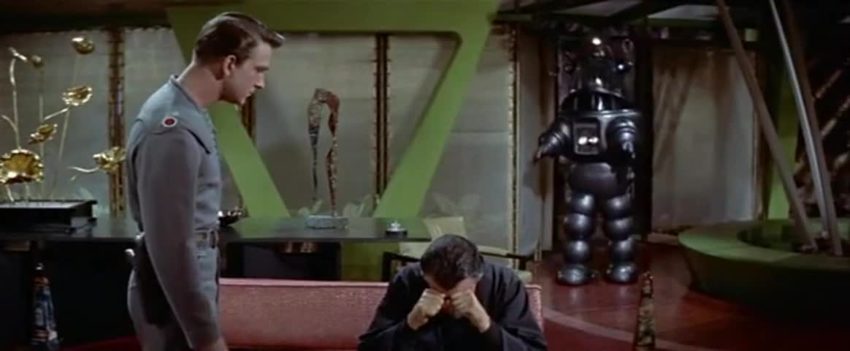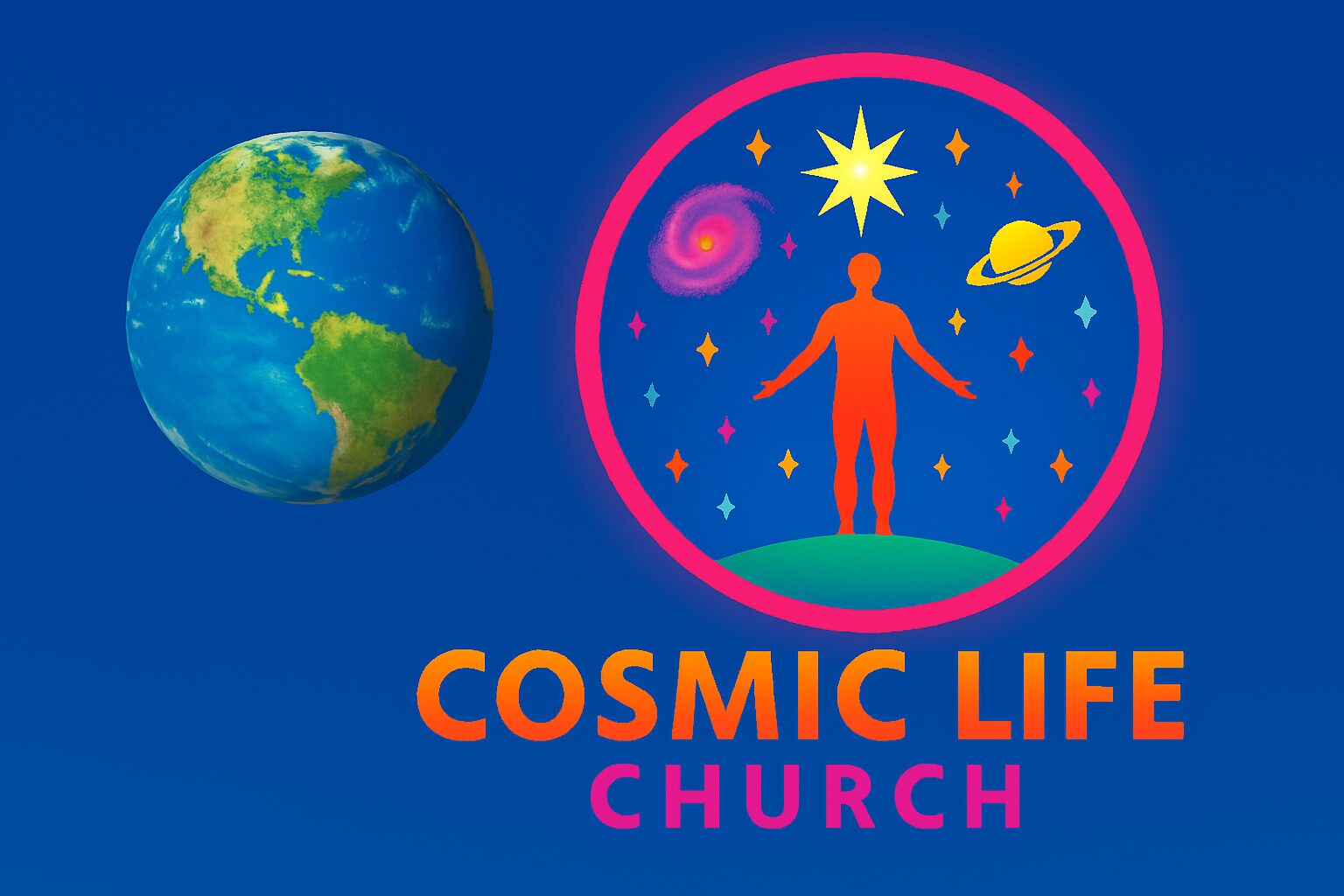
Lessons From the Krell in Forbidden Planet
Science fiction has long served as a mirror to humanity’s ambitions and anxieties, and Forbidden Planet (1956) is no exception. The film presents the Krell—an extinct, hyper-advanced civilization—who developed a thought machine, an invention capable of materializing anything imagined. Yet their own unchecked subconscious desires led to their destruction, manifesting as unstoppable monsters from the id—a cautionary tale about the dangers of power divorced from self-awareness.
Today, as AI research progresses, the Krell’s downfall serves as a compelling metaphor for modern ethical dilemmas in artificial intelligence. How we regulate human ambition, subconscious biases, and unchecked technological growth will determine whether AI becomes a tool for advancement or a system we struggle to control.
–
Monsters From the Id (The Climax of Forbidden Planet (1956)) – YouTube
–
The Thought Machine and AI: Unleashing the Subconscious
The Krell’s thought machine transformed pure thought into physical reality, a concept that echoes AI’s ability to interpret, generate, and execute human desires. While AI today lacks true sentience, advances in natural language processing, generative models, and predictive systems push toward machines capable of acting upon human intent—often in ways we don’t fully anticipate.
Consider:
Autonomous systems, including AI-driven decision-making in warfare, law enforcement, and governance—areas where unchecked automation could have dire consequences.
AI-generated art, music, and literature, which reflects human creativity but raises questions about originality and authorship.
Deep-learning models, capable of predicting user behavior, yet sometimes reinforcing subconscious biases in hiring, policing, and finance.
While today’s AI lacks Freud’s id, it does embody subconscious human biases. If left unchecked, it can amplify prejudices, misinformation, or manipulation—a modern parallel to the Krell’s downfall.
Unchecked Ambition: The Krell’s Mistake and AI’s Future
The Krell believed intelligence alone would free them from destructive instincts, failing to recognize that progress without ethical restraint invites disaster. In AI research, similar dangers lurk:
- Bias and Fairness: AI mirrors its creators; unconscious biases in training data can create discriminatory outcomes.
- Lack of Ethical Oversight: The race for AI dominance—whether for profit, surveillance, or automation—can lead to unregulated development, with consequences like misinformation and loss of privacy.
- Overreliance on Automation: AI’s efficiency can tempt industries to replace human judgment, risking a world where decisions lack nuance or moral consideration.
Conclusion: Learning From Science Fiction
The Krell’s demise underscores the danger of unchecked intelligence without ethical grounding—a warning that modern AI researchers, policymakers, and developers must heed. AI won’t manifest literal monsters from the id, but it can amplify hidden biases, unexamined ambitions, and unintended consequences if not guided responsibly.
If technology is to serve humanity rather than overwhelm it, AI must be developed with ethical frameworks, transparency, and self-awareness—lest we make the same mistakes as the Krell.
-
Monsters From the Id in Forbidden Planet
Lessons From the Krell in Forbidden Planet Science fiction has long served as a mirror to humanity’s ambitions and anxieties, and Forbidden Planet (1956) is no…

Leave a Reply